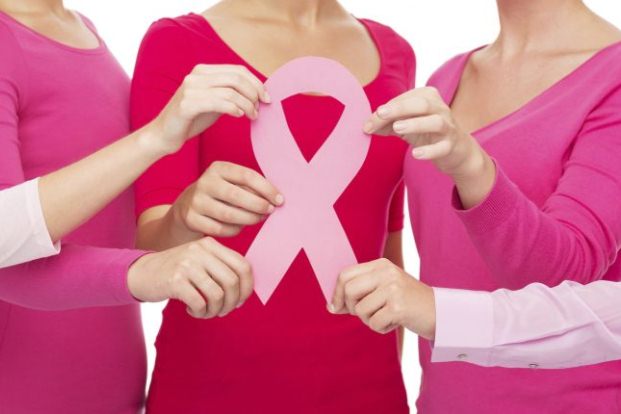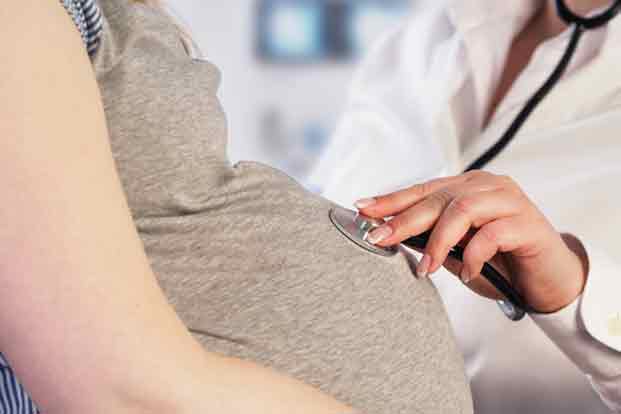Categories
- Bariatric Surgery (11)
- Black Fungus (5)
- Bone Marrow transplant (3)
- Brain Tumor Surgery Navigation Technology (20)
- Cardiac Surgery (66)
- Cardiology (97)
- Computer navigation technology for joint replacements (20)
- Covid Vaccination (17)
- Critical Care (2)
- Dental (19)
- Dermatology (31)
- Dialysis Support Group - “UTSAAH” (11)
- Dietitian (33)
- Emergency Medicine (4)
- Emotional Health (11)
- Endocrinology (33)
- ENT (20)
- Gastroenterology and GI Surgery (53)
- General and Laparoscopic Surgery (21)
- General Surgery (4)
- Gynecology & Obstetrics (183)
- Hematology (20)
- Internal Medicine (294)
- Kidney Transplant (50)
- Kidney Transplantation (20)
- Lung Cancer (8)
- Minimal Invasive Surgery (1)
- Mother & Child (20)
- mucormycosis (5)
- Nephrology (61)
- Neurology (147)
- Neurosurgery (68)
- Nutrition and Dietetics (107)
- Omicron Variant (1)
- Oncology (288)
- Ophthalmology (10)
- Orthopaedics & Joint Replacement (86)
- Paediatrics (59)
- Pediatric Nephrology (3)
- Physiotherapy (5)
- Plastic & Reconstructive Surgery (6)
- Psychiatry and Psychology (90)
- Psychologist (28)
- Pulmonology (72)
- Rheumatology (13)
- Spine Services (21)
- Transradial Angioplasty (16)
- Urology (84)
Query Form
Posted on Apr 19, 2022
Family history increases breast cancer risk even for older women
Family history has long been linked to a higher risk of breast cancer in younger women, who are generally advised to start getting screening mammograms when they’re ten years younger than the age their relative was at diagnosis. The goal of mammograms is to detect tumors before they can be felt in a physical breast exam, catching cancer sooner when it’s easier to treat. Ideally, this should mean fewer women are diagnosed when tumors are bigger, rapidly growing, and harder to attack.
But widespread screening can also catch small, slow-growing tumors that are unlikely to be fatal. Particularly when women are older or have a limited life expectancy, detection of these less dangerous tumors might result in needless tests and treatment.

Breast Cancer and Family Risk:
But for older women with a family history of breast cancer, the benefits of screening may still outweigh the risks. The family history of breast cancer, and particularly if they also have high breast density, they may remain at elevated risk for breast cancer well into their 70s.
However, it is best advised that you do a daily self-breast exam test and opt for an annual mammography test annually after the age of 35. Please also note that your risk will increase tremendously during your menopause.
Know about Breast Cancer:
Symptoms of breast cancer include a lump in the breast, bloody discharge from the nipple and changes in the shape or texture of the nipple or breast.
Its treatment depends on the stage of cancer. It may consist of chemotherapy, radiation, hormone therapy and surgery.



